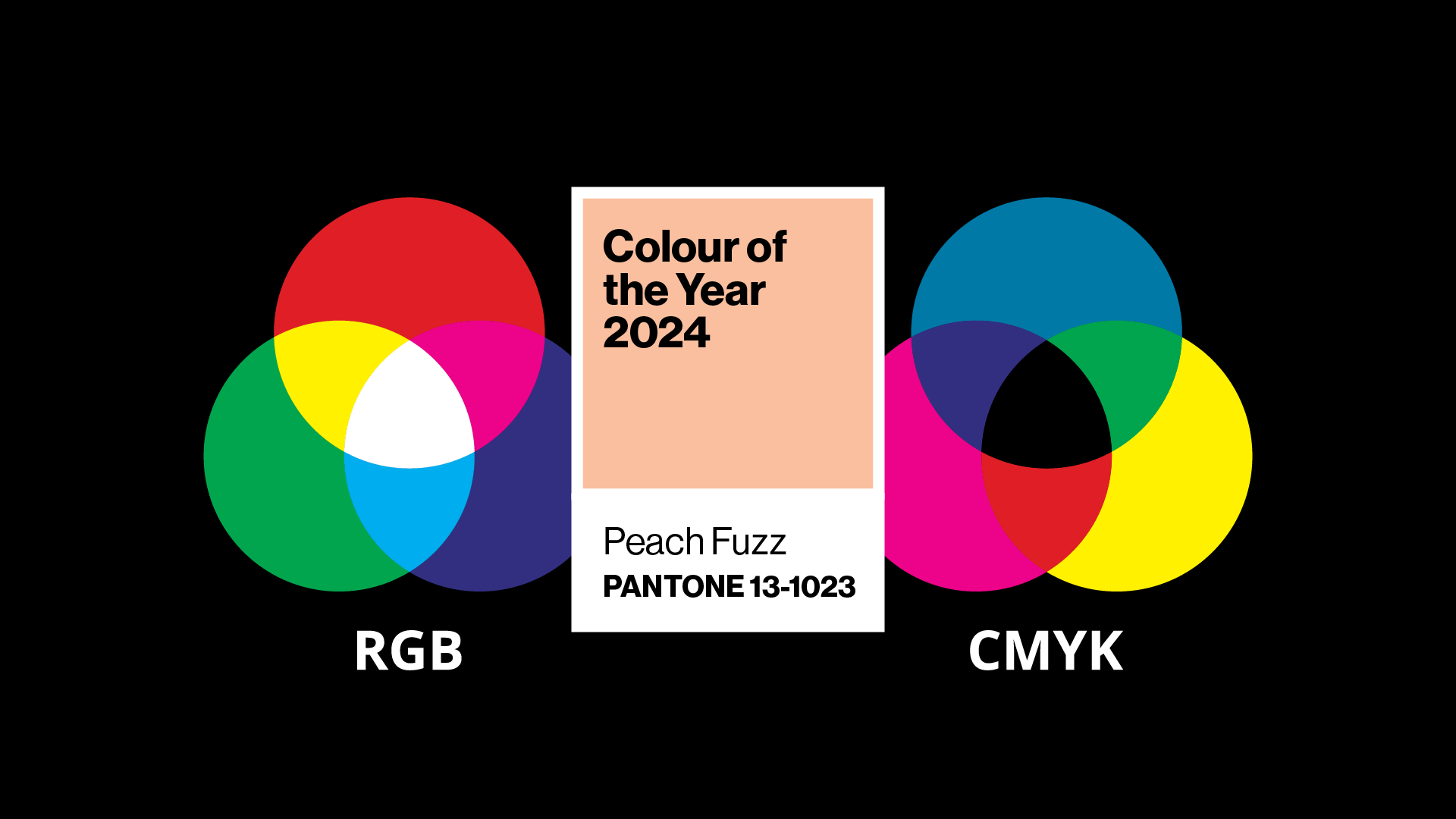SEO stands for search engine optimisation. SEO is the process of improving the visibility of a website in search engines and getting organic, or free, search results on search engines.
All major search engines, such as Google, Bing and Yahoo, have primary search results, where web pages and other content such as videos or local listings are shown and ranked based on what the search engine considers most relevant to users.
SEO is the practice of increasing the quantity and quality of traffic to your website through organic search results. Organic traffic is traffic you don’t have to pay for. The quality of traffic is important. You want to attract visitors who are genuinely interested in what you have to offer.
In its simplest form, SEO is anything done to improve the ranking of a website on search engine results pages (SERPs). The goal for most businesses is to increase their website visibility or traffic and to rank highly for targeted search terms or phrases on search engines.
Everything starts with content when it comes to website effectiveness, and that includes SEO. Does your site provide relevant, useful content related to the search terms you are targeting? Is your sitemap structured to easily find content and does it include pages/content related to all your prioritised keywords and phrases?
Those are the basics and where you should start. Remember, the objective of an online search is to provide the most relevant websites (with the best content) for what people are searching for. That is how they make their money.
Foundational elements are what are considered the blocking and tackling of proper site optimisation and include items such as website architecture, URL structure, website speed and page load time, ability for search engines to crawl your website, and HTML and Metadata including page title tags, headers meta descriptions, and keywords. It is also important that you select a content management system (CMS) designed with SEO in mind, so managing foundational elements is easy.
So why invest in SEO?
Simply, SEO works. As long as you are focusing on optimal user experience while performing methodical SEO strategies, you will be rewarded with higher positioning and organic traffic.
SEO is cost-effective. Compared to the costs associated with other forms of online marketing such as pay-per-click (PPC) advertising, social media marketing, or purchasing leads for an email marketing program.
SEO provides good ROI. While PPC may drive more revenue and social media may be more important for your image, your organic SEO in many ways remains a bedrock of your online presence.
SEO benefits can include subscriptions, repeat traffic, registrations, newsletter signups and purchases.
Your company brand is a valuable asset; optimised SEO will drive traffic to your website increasing visibility and brand awareness.
With the dramatic explosion in mobile usage, a whole new world of effective SEO techniques has opened up for companies, such as local search optimisation.
Not having a healthy content profile is damaging – with each and every update to its search algorithm, Google and other engines change the way they look at websites. Things which didn’t exist a few years ago, such as social media indicators, are now given fairly high importance in terms of their impact on your rankings. Not building a healthy content profile spread out over months and years is potentially damaging to your business, as it is one of the factors Google evaluates when looking at your site.
The complicated algorithms of search engines may seem impenetrable, but here are some recommendations from Google on how to get better rankings.
Make pages primarily for users, not for search engines.Don’t deceive your users or present different content to search engines that you display to users – this is a practice commonly referred to as “cloaking” – a violation of Google’s Webmaster Guidelines. This could be serving a page of HTML to search engines, while showing a page of images or flash to users. This is search engine spam, trying to trick search engines into giving the site a better ranking.
Make a site with clear hierarchy and text links. Every page should be reachable from at least one static link.
Create a useful, information-rich site with pages that accurately describe your content.
Secure sites can protect a user’s connection by securing information. Back in 2014, Google rolled out an updated algorithm to favour secure sites.
Websites that are mobile-friendly or responsive. More and more searches are done via mobile devices and Google prioritises these over desktop searches.
Increase page speed. The average recommended website load time is three seconds. Slow loading time is a major contributing factor to page abandonment. The average user has no patience for a page that takes too long to load.
Include quality website content. Google rewards quality content. You might be familiar with content marketing. Have you heard of content curation which involves gathering and organising content from authoritative sources and presenting this information to your audience in a concise, coherent fashion?
If your website doesn’t have strong search rankings, you’re losing out on potential customers. Better search rankings mean more traffic to your website, giving you the chance to sell your products/or services to a large market and improve lead generation opportunities.
Your competitors are doing it. Remember, SEO is a never-ending process. If you’re not moving forward and improving your position, you’re losing ground to a competitor who is. That’s a simple fact of how the process works. Don’t let your competitors out-manoeuvre you by ignoring this valuable tool for your business.




